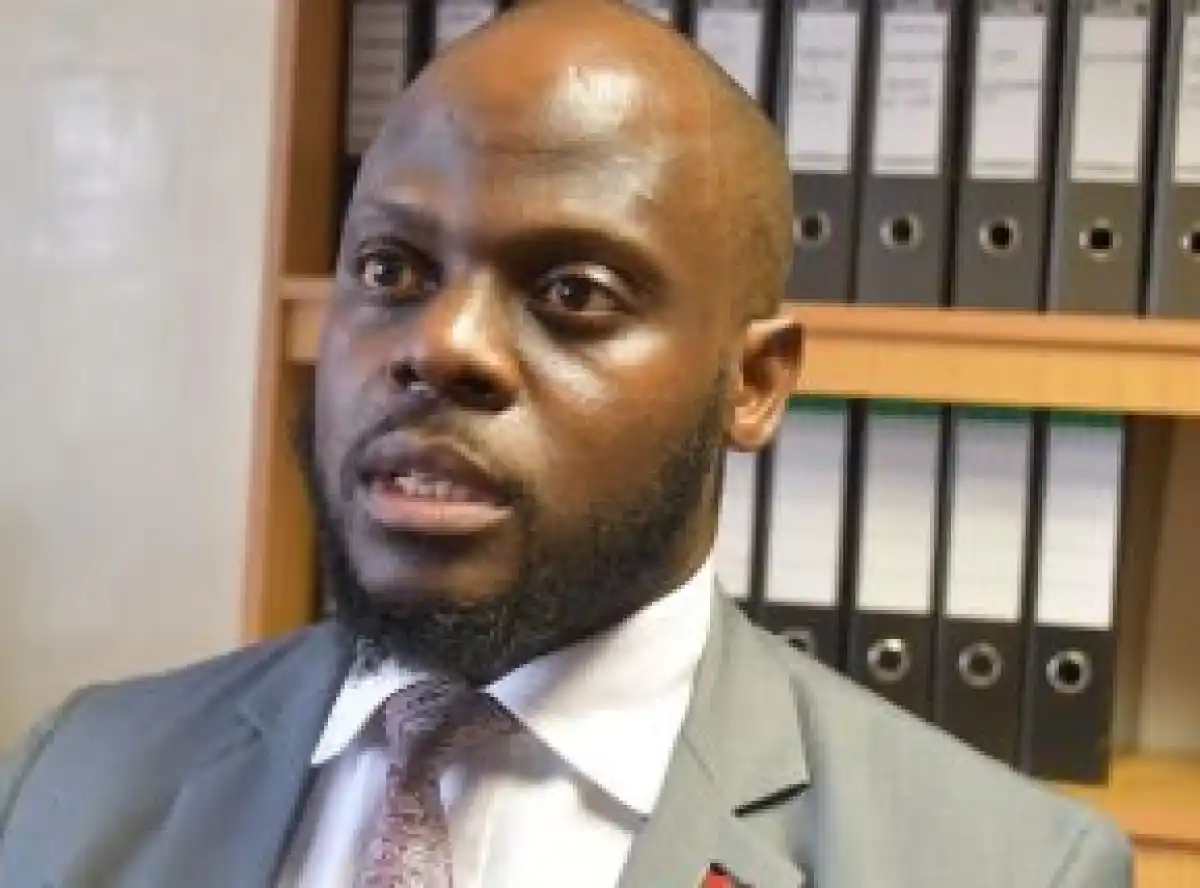
The Directorate of Public Prosecutions (DPP) has moved to revive efforts to develop a national prosecutions policy and authority in the country.
The process to have the policy, which will among others outline guidelines on initiation and discontinuation of cases, started in 2010, but has stalled for over 14 years.

Incumbent DPP Masauko Chamkakala said in an interview on Thursday that efforts were underway to have such a policy to guide his office on initiating or discontinuing criminal cases.
He said: “It is true that attempts were made to come up with a prosecution policy in or around 2010, but the initiative stalled over time.
“Initiation and/or discontinuation of cases is just one issue of the policy. We are currently working on resuscitating the processes. Included in the new effort is exploring possibilities of having an independent prosecution authority.”
In a separate interview, Legal Affairs Committee of Parliament chairperson Peter Dimba said he is yet to be informed of the process.
“At the moment, we have no idea on the content and the stage at which the policy is. But I just know generally that there has been a push for a prosecution authority,” he said.
Under the country’s laws, the DPP has powers to discontinue a case, but under Section 99 (3) of the Constitution, s/he is required to justify the decision to the Legal Affairs Committee within 10 days after the order.
Earlier, one senior legal practitioner, who was in 2010 one of those consulted to develop the Prosecution Policy and opted for anonymity, said the policy is needed to provide guidelines.
“There has been no legal guidance really on how prosecutions should be done in Malawi since 1964. To me, it is this foundation which is missing.
“Even in the case of a Prosecution Authority, we recommended this in 2010 as well that the DPP should be outside the Ministry of Justice.
In an earlier interview, former Attorney General Charles Mhango said lack of guidelines to initiate and discontinue cases places the wheels of justice at the mercy of an individual occupying the DPP’s office.
“As long as powers to appoint leadership of that authority remain in the President, any reform cannot happen because the President has too much power in the country,” he said.




0 Comments